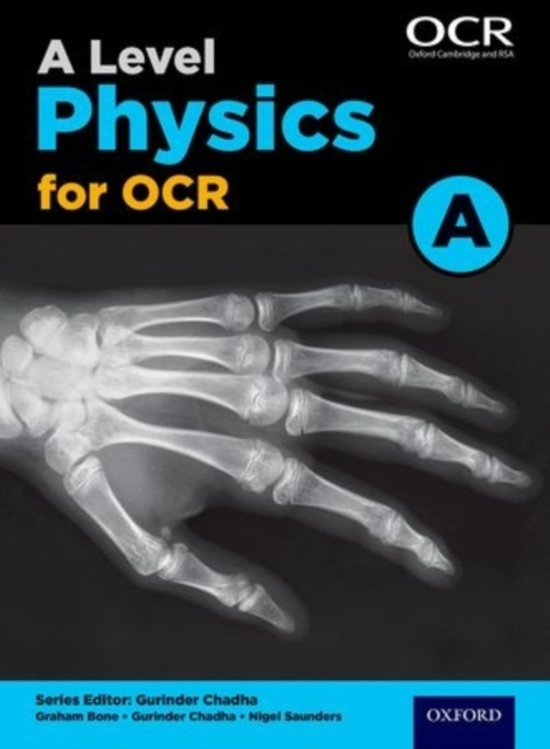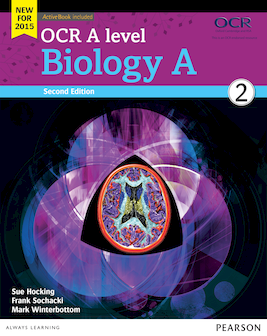A-level化学OCR考试局教学大纲
Module 1 – Development of practical skills in chemistry
•Practical skills assessed in a written examination
•Practical skills assessed in the practical endorsement
Module 2 – Foundations in chemistry
•Atoms, compounds, molecules and equations
•Amount of substance
•Acid–base and redox reactions
•Electrons, bonding and structure
Module 3 – Periodic table and energy
•The periodic table and periodicity
•Group 2 and the halogens
•Qualitative analysis
•Enthalpy changes
•Reaction rates and equilibrium (qualitative)
Module 4 – Core organic chemistry
•Basic concepts•Hydrocarbons
•Alcohols and haloalkanes
•Organic synthesis
•Analytical techniques (IR and MS)
Module 5 – Physical chemistry and transition elements
•Reaction rates and equilibrium (quantitative)
•pH and buffers•Enthalpy, entropy and free energy
•Redox and electrode potentials
•Transition elements
Module 6 – Organic chemistry and analysis
•Aromatic compounds
•Carbonyl compounds
•Carboxylic acids and esters
•Nitrogen compounds
•Polymers
•Organic synthesis
•Chromatography and spectroscopy (NMR)
全部评论
推荐阅读

-
2016年OCR数学考试真题及答案解析
本文大家A加未来老师为大家整理了关于2018年A 【详情】

-
OCR考试局A-Level地理课程内容解析
和国内不同,A-level地理在课程英国本土选课以及 【详情】

-
A-level物理OCR考试局教学大纲
1 Why choose an OCR A Level in Physics A? 1a. Why choose an O 【详情】

-
A-level生物OCR考试局教学大纲
Module 1 Development of practical skills in biology 1.1 Pract 【详情】

